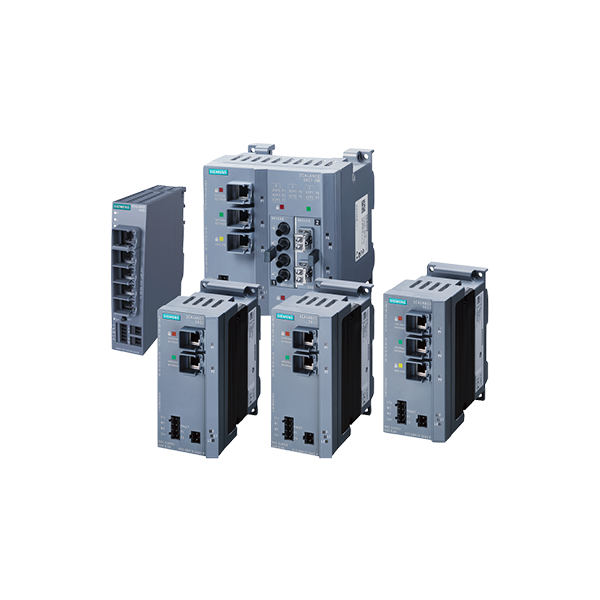1. EXECUTIVE SUMMARY
-
CVSS v3 4.7
- ATTENTION: Exploitable remotely
- Vendor: Siemens
- Equipment: SCALANCE S
- Vulnerability: Cross-site Scripting
2. RISK EVALUATION
If an attacker tricks a user into clicking a malicious link, the device could allow arbitrary script injection (XSS).
3. TECHNICAL DETAILS
3.1 AFFECTED PRODUCTS
Siemens reports the following SCALANCE S products are affected:
- SCALANCE S602: All versions prior to v4.0.1.1,
- SCALANCE S612: All versions prior to v4.0.1.1,
- SCALANCE S623: All versions prior to v4.0.1.1, and
- SCALANCE S627-2M: All versions prior to v4.0.1.1
3.2 VULNERABILITY OVERVIEW
3.2.1 IMPROPER NEUTRALIZATION OF INPUT DURING WEB PAGE GENERATION (‘CROSS-SITE SCRIPTING’) CWE-79
The device could allow cross-site scripting (XSS) attacks if unsuspecting users click a malicious link. User interaction is required for a successful exploitation. The user must be logged into the web interface in order for the exploitation to succeed.
CVE-2018-16555 has been assigned to this vulnerability. A CVSS v3 base score of 4.7 has been assigned; the CVSS vector string is (AV:N/AC:H/PR:N/UI:R/S:C/C:L/I:L/A:N).
3.3 BACKGROUND
- CRITICAL INFRASTRUCTURE SECTORS: Chemical, Communications, Critical Manufacturing, Dams, Defense Industrial Base, Energy, Food and Agriculture, Government Facilities, Transportation Systems, Water and Wastewater Systems.
- COUNTRIES/AREAS DEPLOYED: Worldwide
- COMPANY HEADQUARTERS LOCATION: Germany
3.4 RESEARCHER
Nelson Berg of Applied Risk reported this vulnerability to Siemens.
4. MITIGATIONS
Siemens has recommended that users update to Version 4.0.1.1, which can be found here:
Siemens has identified the following specific workarounds and mitigations that users can apply to reduce the risk: Only access links from trusted sources in the browser you use to access the SCALANCE S administration website.
As a general security measure, Siemens strongly recommends protecting network access to devices with appropriate mechanisms. In order to operate the devices in a protected IT environment, Siemens recommends configuring the environment according to Siemens’ operational guidelines for industrial security (https://www.siemens.com/cert/operational-guidelines-industrial-security), and following the recommendations in the product manuals.
Additional information on Industrial Security by Siemens can be found at:
https://www.siemens.com/industrialsecurity
For more information on this vulnerability and associated software updates, please see Siemens security advisory SSA-242982 on their website:
https://www.siemens.com/cert/advisories
NCCIC reminds organizations to perform proper impact analysis and risk assessment prior to deploying defensive measures.
NCCIC also provides a section for control systems security recommended practices on the ICS-CERT web page. Several recommended practices are available for reading and download, including Improving Industrial Control Systems Cybersecurity with Defense-in-Depth Strategies.
Additional mitigation guidance and recommended practices are publicly available on the ICS-CERT website in the Technical Information Paper, ICS-TIP-12-146-01B–Targeted Cyber Intrusion Detection and Mitigation Strategies.
Organizations observing any suspected malicious activity should follow their established internal procedures and report their findings to NCCIC for tracking and correlation against other incidents.
NCCIC also recommends that users take the following measures to protect themselves from social engineering attacks:
- Do not click web links or open unsolicited attachments in email messages.
- Refer to Recognizing and Avoiding Email Scams for more information on avoiding email scams.
- Refer to Avoiding Social Engineering and Phishing Attacks for more information on social engineering attacks.
No known public exploits specifically target this vulnerability. High skill level is needed to exploit.
Source:
https://ics-cert.us-cert.gov/advisories/ICSA-18-317-04
